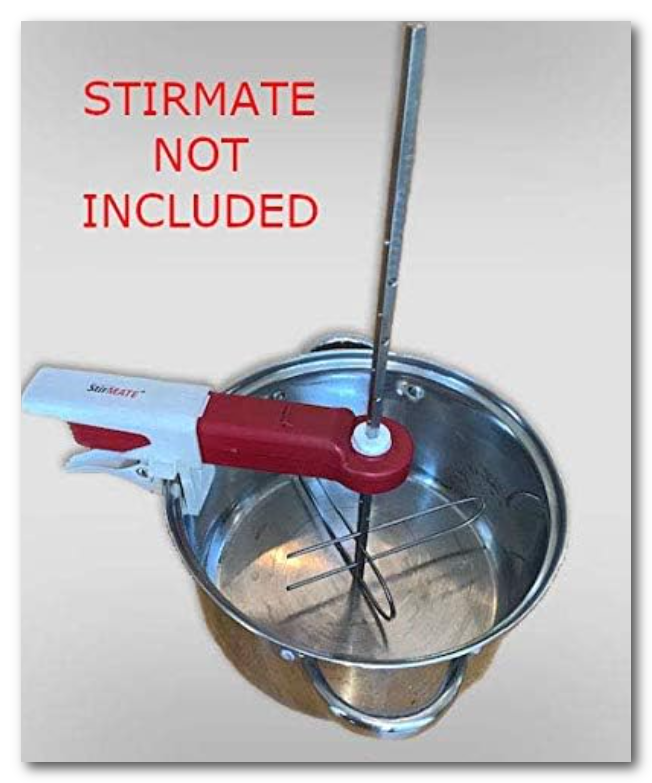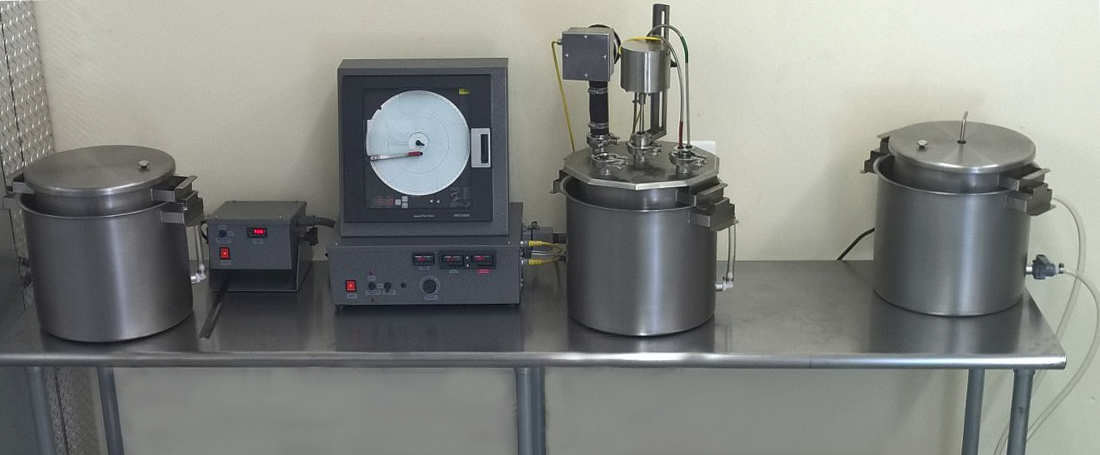I wonder if the issue for general cheese-making might be the efficacy of the cultures you are using. Most recipes, I understand are based on the amount of time at a known temperature the bacteria need to grow to acidify the cheese. If the culture is too small or too old or the temperature is to cold or too hot or the time you allow for the fermentation (ripening) is too short or too long, the acid levels in the curds (not so much the whey) may not be optimal for the cheeses you are trying to make.
Then there is the problem of unwanted molds growing on the surface and /or in the paste (the latter if your pressing leaves mechanical faults that allow molds to enter the paste).
I gotta say that Mozz is the hardest cheese I have found to make successfully, I think because the criteria you need to make a stretchy and smooth cheese is so specific (a pH of 5.2), with minimal kneading and yet with a lot of the moisture (the whey) appropriately expelled.
My own cheese making is focused on three or four types of cheese that don't require a lot of "affinage". And I recently purchased a sous vide heater that allows me to better control the temperature of the cheese BUT it can take a longer time to hit cooking temperatures (say 30 minutes to go from 90 to 115 F. I have much less control of how long it takes to hit a temperature with the SV than I have with my stove but with a double boiler on the stove, it ain't easy to hit 115 and not exceed that when reached.
Then, constant stirring is something I have a real problem with. I need to find some kind of automatic stirrer I can put in the kettle and walk away. But stirring , is another factor that create problems: every cheese has a preferred moisture content of the paste. Stirring removes whey from the curds, BUT if you allow the surface of the curds to become to firm too quickly, that whey is trapped. And pressing also allows whey to be expelled, but the flow of whey under pressure cannot be too strong as you can expel calcium, fats and proteins if the weight is too heavy.
One of the best resources, in my opinion are the books by Gianaclis Caldwell. Her focus is not so much on recipes but on principles. Most other books focus on recipes not principles, so you are often left high and dry, if for example, you don't want to use lab produced cultures or you cannot constantly stir the curds for an hour.




